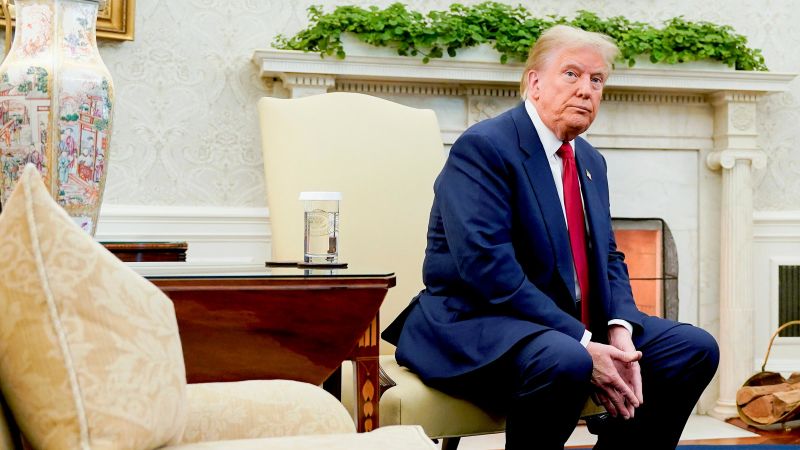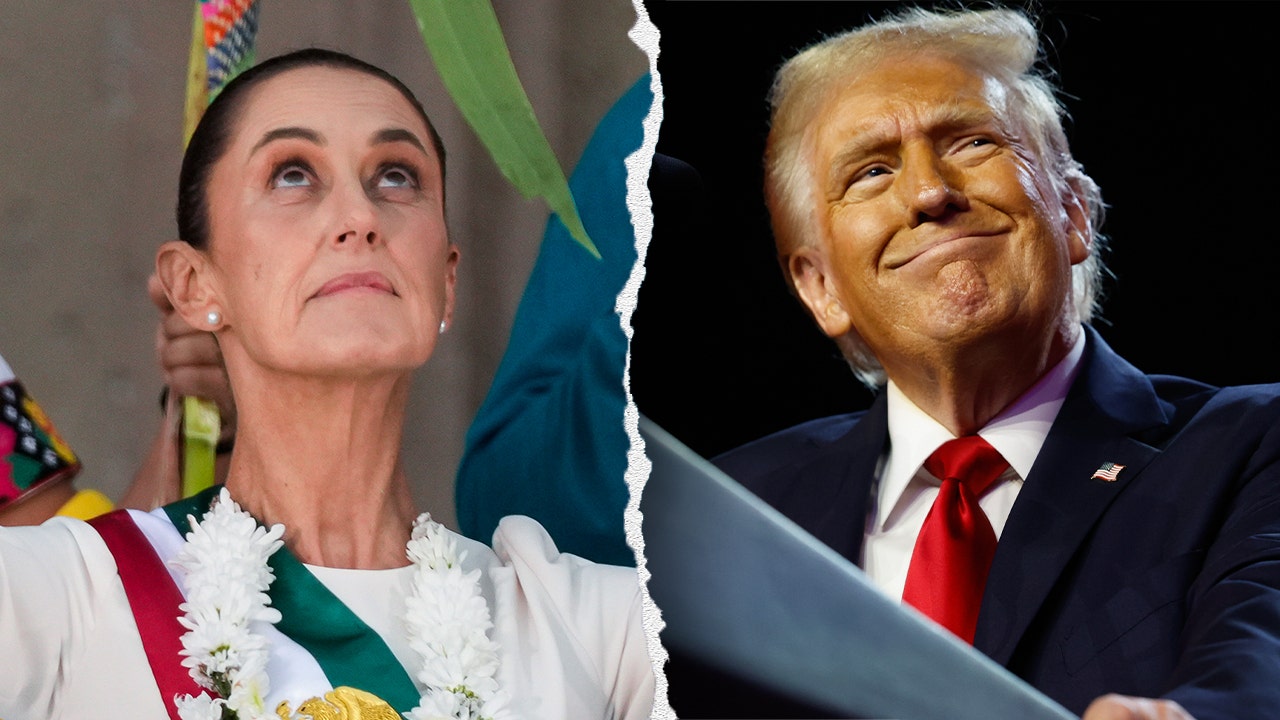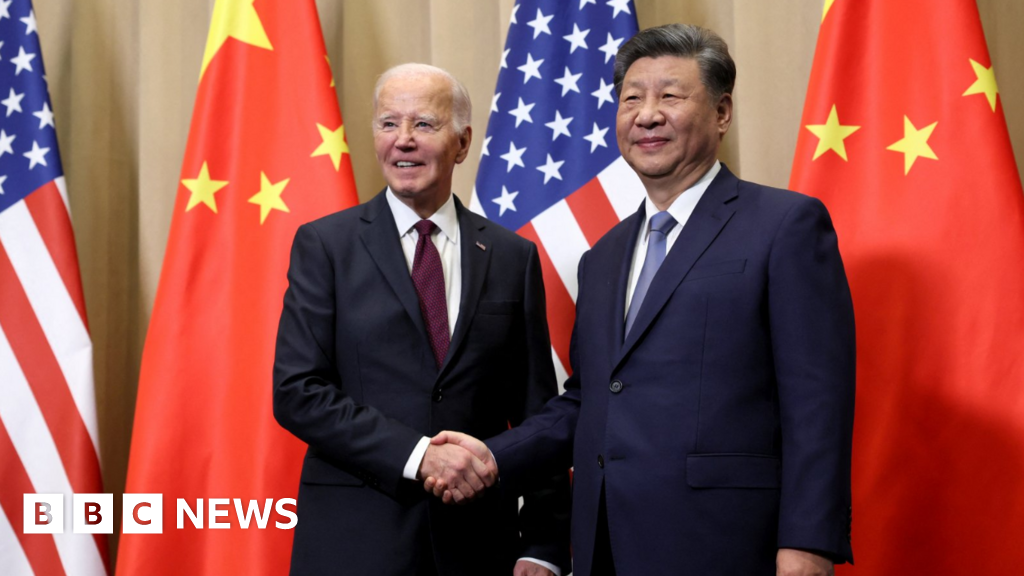Bussiness
Israel’s Lebanon move frustrates US; Netanyahu to address UN today: Updates

Smokes rise, amid ongoing cross-border hostilities between Hezbollah and Israeli forces, in Tyre, southern Lebanon September 23, 2024. (REUTERS)
Key updates on the Israel-Hezbollah tensions:
2) Netanyahu is currently travelling to New York to address the UN General Assembly on Friday. While the Israeli Prime Minister was en route, his office described the ceasefire deal as an “American-French proposal,” which Netanyahu “did not even respond to.”
3) His office further stated that Netanyahu has “instructed the Israel Defense Forces (IDF) to continue fighting at full force, according to the plans presented to him.” On Thursday, Hezbollah’s aerial commander, Muhammad Hussein Srour, was killed in an Israeli attack.
4) Following days of aerial exchanges between Israel and Hezbollah, there are concerns that Netanyahu may be planning a ground invasion. A similar situation unfolded in Gaza after the region’s militant faction, Hamas, attacked Israel on October 7 by crossing its southern borders. Since Monday’s attack, more than 600 people have died in Lebanon.
5) Any further escalation between Israel and Hezbollah risks drawing the US and Iran into the conflict, leading to a wider war. The US, European countries, and Arab powers, including Saudi Arabia and Qatar, called for a pause in fighting late Wednesday. “It is time to conclude a diplomatic settlement that enables civilians on both sides of the border to return to their homes in safety,” they said in a joint statement.
6) For context, Hezbollah supports Hamas and the Palestinian movement, advocating for regional autonomy, which Israel strongly opposes. Following the October 7 attack, Hezbollah and Yemen’s Houthi militant group have launched attacks on Israeli borders and Red Sea shipments linked to Israel and the US, respectively.
First Published: Sep 27 2024 | 9:44 AM IST










